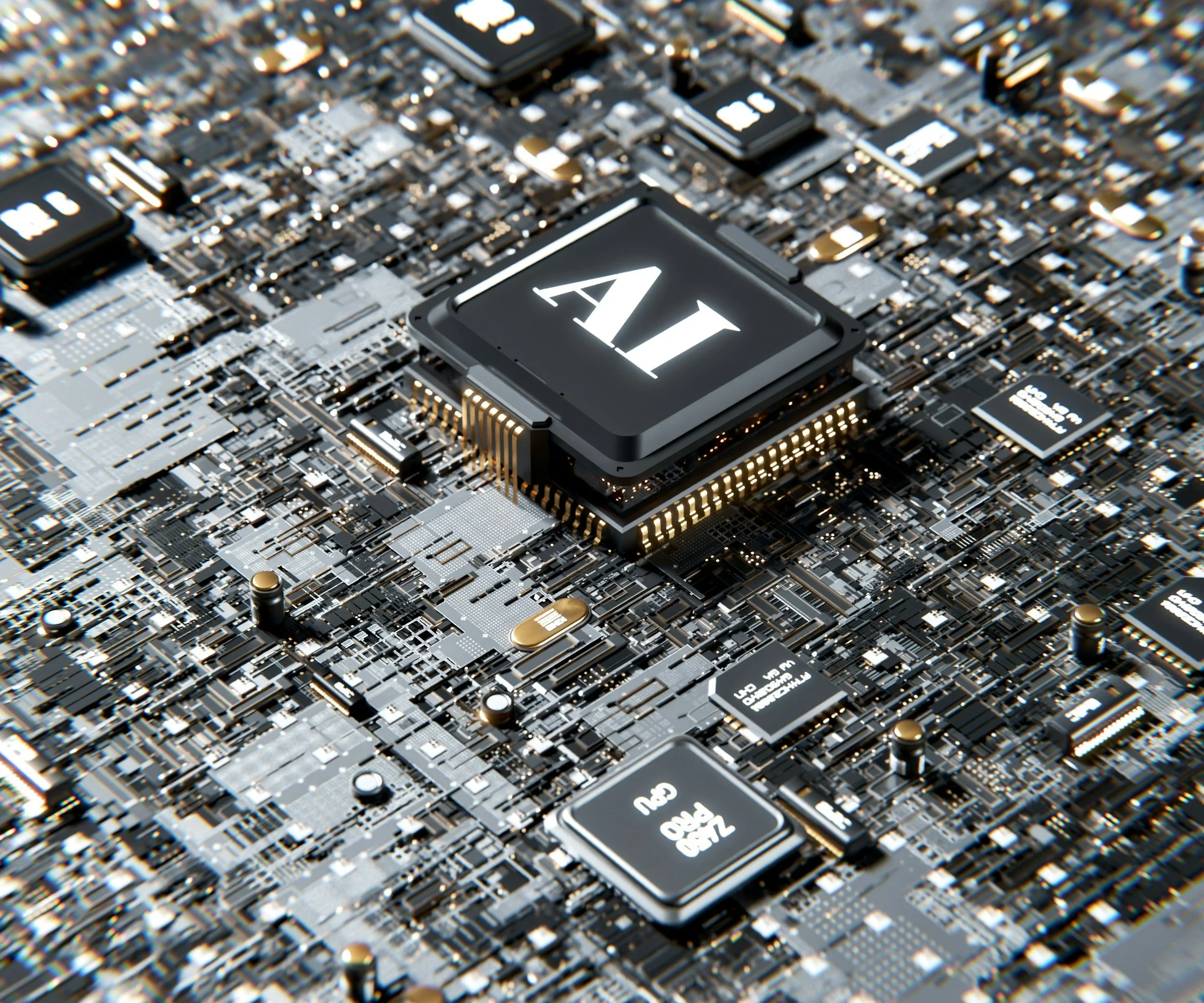AI, Drones, and Robotics in Construction — What’s Next?
Automation is no longer a buzzword—it’s rapidly becoming a core part of how construction sites operate. Across the UK, artificial intelligence, drones, and robotics are being used to plan smarter, build faster, and improve safety. For builders in Dorset and the South of England, these technologies are opening up new ways to deliver projects more efficiently and sustainably.
AI: The new project assistant
Artificial intelligence tools are now used for estimating, scheduling, and risk prediction.
AI-powered project management platforms can analyse past builds to forecast costs and flag potential delays.
Design software such as Autodesk’s generative AI can optimise material usage and structural layouts before a build even starts.
For Dorset builders working on bespoke homes or extensions, this means faster design turnarounds and more accurate quotes for clients.
Drones: Faster, safer site surveys
Drone technology has matured fast, with builders now using it for:
Topographical and progress surveys, cutting weeks off manual measurements.
Roof inspections and snagging, reducing the need for scaffolding and manual access.
For coastal and countryside projects around Poole, Bournemouth, and Christchurch, drones make surveying large or uneven plots much simpler and safer.
Robotics: From fabrication to finishing
On larger UK sites, robotic arms are being used to lay bricks, print concrete, and cut timber with millimetre accuracy.
In Oxfordshire, automated timber factories are already delivering frame systems for modular homes.
On smaller scales, robotic layout systems can mark out floor plans directly on slabs, speeding up fit-outs and minimising errors.
While full robotics are still emerging, expect selective automation—like robotic plastering or layout printing—to become common even on small residential projects within the next few years.
What it means for Dorset construction
For local builders and trades, these technologies bring real benefits:
Time savings through digital measurement and scheduling.
Higher quality control, with less rework and more consistent results.
Environmental gains, since AI can optimise materials and reduce waste.
As housing demand grows across Dorset and the wider South of England, embracing construction technology will help small and mid-sized firms stay competitive and attract tech-savvy clients.
The takeaway
AI, drones, and robotics won’t replace skilled builders—they’ll enhance and support traditional craftsmanship. The next phase of UK construction is about combining experience with innovation to build safer, faster, and greener homes.

